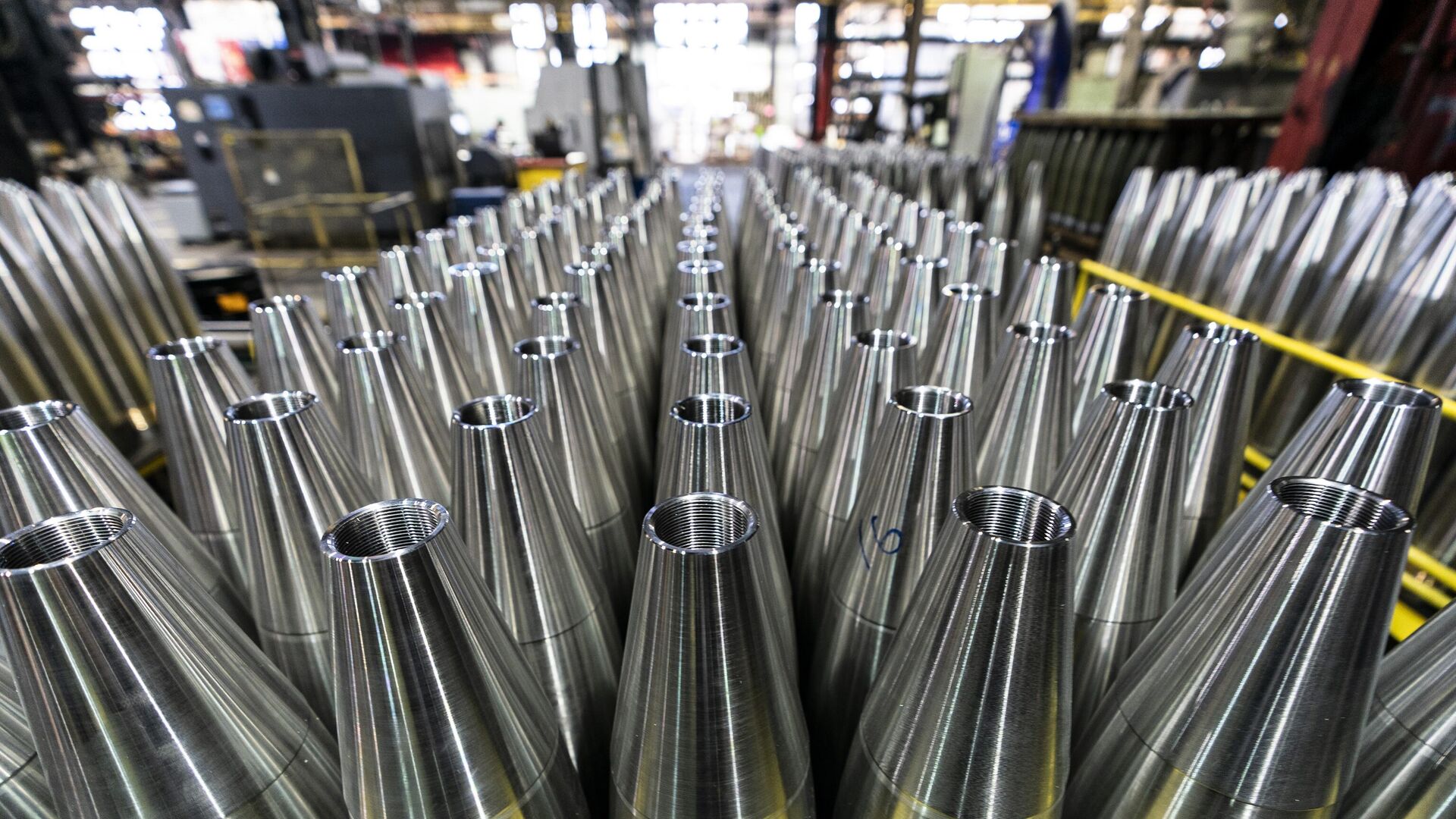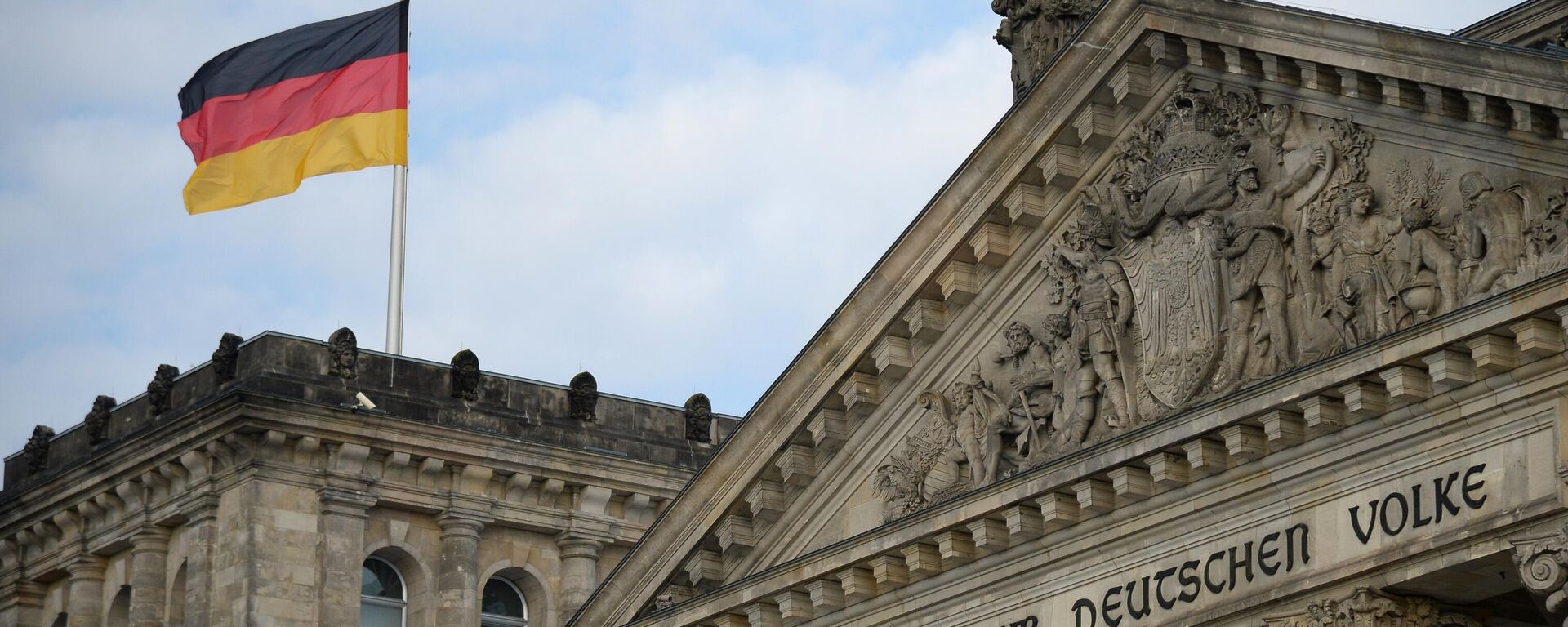EU Seeking $1.5Bln to Provide Ukraine With Artillery Shells Under Czech Plan - Reports

© AP Photo / Matt Rourke
Subscribe
MOSCOW (Sputnik) - The European Union is seeking $1.5 billion in emergency funding to provide Ukraine with artillery shells from overseas under a procurement plan proposed by the Czech Republic, the Financial Times reported on Friday, citing officials familiar with the discussions.
Last week, Czech President Petr Pavel told the Munich Security Conference that Prague had identified an unnamed country outside the bloc with 500,000 155mm rounds and additional 300,000 122mm rounds that could be delivered to Ukraine within weeks if quick funding was provided.
"The Czechs have done the work, but they need others to provide money," a person briefed on the initiative was quoted as saying by the newspaper.
The scheme to buy ammunition from a non-EU country is aimed at compensating for the "congressional deadlock" on US aid and delays in European production, the report said.
Ukrainian Foreign Minister Dmytro Kuleba was cited as saying that Ukraine needed 2.5 million artillery shells this year, but the bloc had only sent 400,000.
Western countries, including member states of the European Union, have been providing military and financial aid to Kiev since the start of Russia's special military operation in Ukraine in February 2022. The Kremlin has consistently warned against continued arms deliveries to Kiev, saying it would lead to further escalation of the conflict.
Russian troops destroyed a US-made M1150 Assault Breacher engineering armored vehicle that had been "secretly" transferred to Kiev by the US in quantities of several units, Forbes columnist David Axe reported, calling the loss "particularly painful" for Ukrainian forces.
— Sputnik (@SputnikInt) February 23, 2024
Axe was… pic.twitter.com/agWojzy2ER
Russia has been attempting to reach an agreement with NATO on security principles in Europe with the alliance for the past 30 years, but despite Moscow's protests, the alliance has kept expanding closer to Russian borders.


